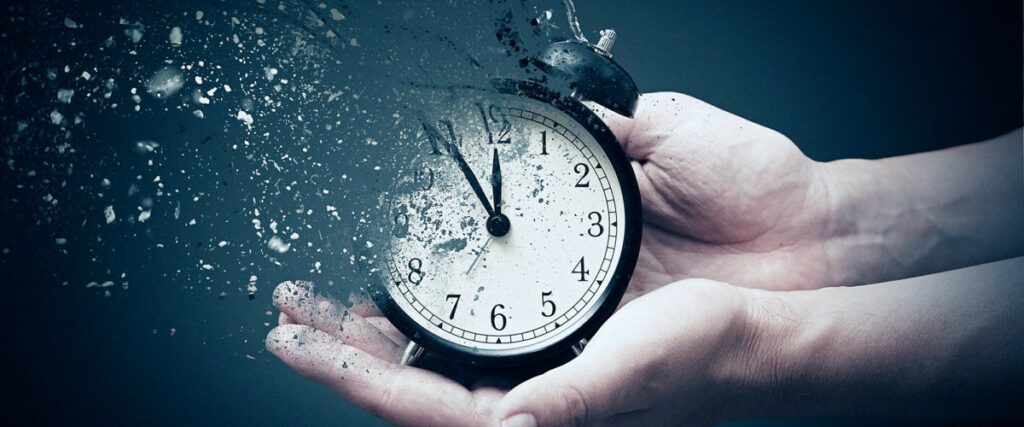This is the final in a four-part series on ethics at the end of life.
German philosopher Friedrich Nietzsche had this to say about the end of life:
Why, aside from the demands of religion, (is it) more praiseworthy for a man grown old, who feels his powers decrease, to await his slow exhaustion and disintegration, rather than to put a term to his life with complete consciousness? In this case, suicide is quite natural, obvious, and should by right awaken respect for the triumph of reason.
And this:
To die proudly when it is no longer possible to live proudly. Death of one’s own free choice, death at the proper time, with a clear head and joyfulness, consummated in the midst of children and witnesses: so that an actual leave-taking is possible while he who is leaving is still there, likewise an actual evaluation of what has been desired and achieved in life, an adding-up of life — all of this in contrast to the pitiable and horrible comedy Christianity has made of the hour of death.
Contrast Nietzsche’s moral vision about the end of life with that of Dietrich Bonhoeffer, writing during the Nazi era and in awareness of its “euthanasia” campaign against what the Nazis called “life unworthy of life”:
If we nevertheless must say that self-murder is reprehensible, we can do so not before the forum of morality or of humanity, but only before the forum of God. The self-murderer is guilty before God alone the creator and lord of the person’s life…Unbelief hides from people in a disastrous way the fact that even self-murder does not deliver them out of the hand of God, who has prepared their destiny. Unbelief does not recognize, beyond the gift of bodily life, the Creator and Lord who alone has the right to dispose over creation…The right to self-murder breaks down only before the living God
At one level these two Germans — the 19th century Nietzsche and the 20th century Bonhoeffer —hardly could seem more different in their moral vision. Nietzsche favors suicide as a proud act of self-assertion before one falls into “exhaustion and disintegration,” an evocative term that aptly describes many people’s dying process. Bonhoeffer says precisely the opposite, that “self-murder is reprehensible.”
But at another level they appear to agree. It is only “the demands of religion” (Nietzsche) and “only … the living God” (Bonhoeffer) that bans self-murder. Still today, it is true: The main reason for banning the hastening of death — which in the context of rule of law and patient autonomy can only be informed-consent, advance-directed, voluntary assisted suicide — is the belief that “the Creator and Lord … alone has the right to dispose over creation.” Where that belief fades, the moral norm against hastening death also will fade.
“The main reason for banning the hastening of death … is the belief that ‘the Creator and Lord … alone has the right to dispose over creation.’”
There are, in fact, other good reasons not to give ground here. It should certainly be sobering that Nietzche went on to argue that physicians have a duty to participate in “the ruthless suppression and sequestration of degenerating life,” including the dying. Physicians indeed took the lead in engineering an involuntary euthanasia campaign in Nazi Germany that took more than 100,000 lives, which is the main reason Bonhoeffer took up the subject, and which he fiercely opposed.
Sometimes today one runs into accounts of medical personnel believing it to be their heroic responsibility to end the lives of patients they consider to be suffering too much or otherwise living on too long. Many medical ethicists believe it is not good for the medical profession to integrate killing into their work under any circumstances — both we and they need to know that their job is to be for life, period. Here the ancient Greek Hippocratic Oath combines with the biblical tradition to set a moral boundary that many medical professionals still find to be properly impermeable. Physicians heal and comfort, never kill.
I was glad for that clear boundary as we undertook at-home hospice care for my father during his last 10 days of life. Everyone involved — our private doctor, the hospice nurse who visited a few hours a week, the social worker and chaplain who offered their support, the home health aides whom we paid to keep us and Dad company overnight for the last week, and all family members — understood that we were going to keep vigil for Dad until he drew his last breath.
“I was glad for that clear boundary as we undertook at-home hospice care for my father during his last 10 days of life.”
Some of these moments were excruciating, grievous and even horrifying. Dad himself, in some of his last lucid comments, wondered why it was taking so long for him to die. He was ready. Yet he, too, understood that no one caring for him was going to hasten his death, and as a loyal Catholic Christian he supported this decision and never challenged it.
Dad died in the morning of Dec. 28, 2020. He went when it was his time. Not a moment before.
I am glad my family and those who worked alongside us shared a moral consensus that death would not be hastened, but that our father must be made as comfortable as possible and must die in the company of his family. While it was excruciating, I preferred the in-home hospice care experience with my father over the hospital setting I have endured with other deaths. In some ways, it was a turning back of the clock to an earlier era. It was just us, Dad and God, until he took his last breath.
The post Ethics at the end of life: Which moral vision shall govern at the end of life? appeared first on Baptist News Global.

